Before I became a mother, I always thought that all kids were afraid of the doctor. I didn’t like going to the doctor as a kid either. I was always afraid of a shot, finger prick or the DREADED strep test (that I still have apprehension toward as an adult). But when I became a mother and we started having to go to the pediatrician pretty often, and now especially having a child with diabetes and celiac, I thought, “Why does it need to be this way?” If my kids freak out every time we go to the doctor, it’s going to make my life a lot harder too.
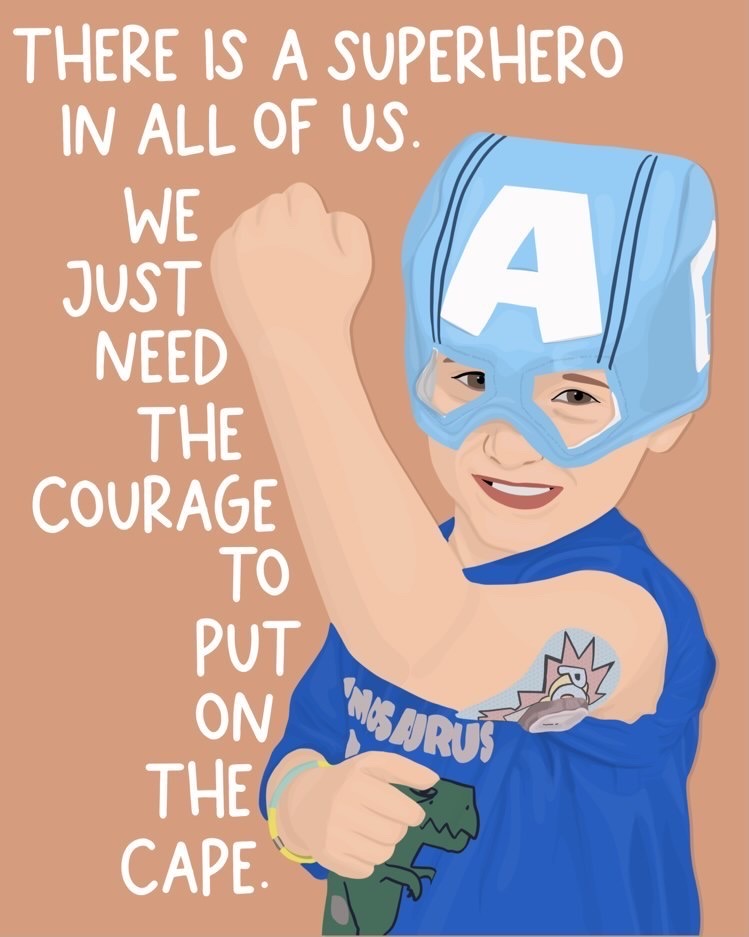
So I decided to stop the stigma.
Like most things as parents, our children form their opinions based on how we react and act in certain situations. So, similar to how I also normalized throwing out school projects after we display them (lol), I also have been working since the day my children were born to normalize going to the doctor. I truly believe my mentality has helped my children not only tolerate going to the doctor, but also look forward to going to the doctor. Listen, kids hurt themselves, they get sick and you’re going to be at your pediatrician (and other doctors) so everyone might as well enjoy themselves.
Here are some tips for making that mental transition toward liking the doctor.
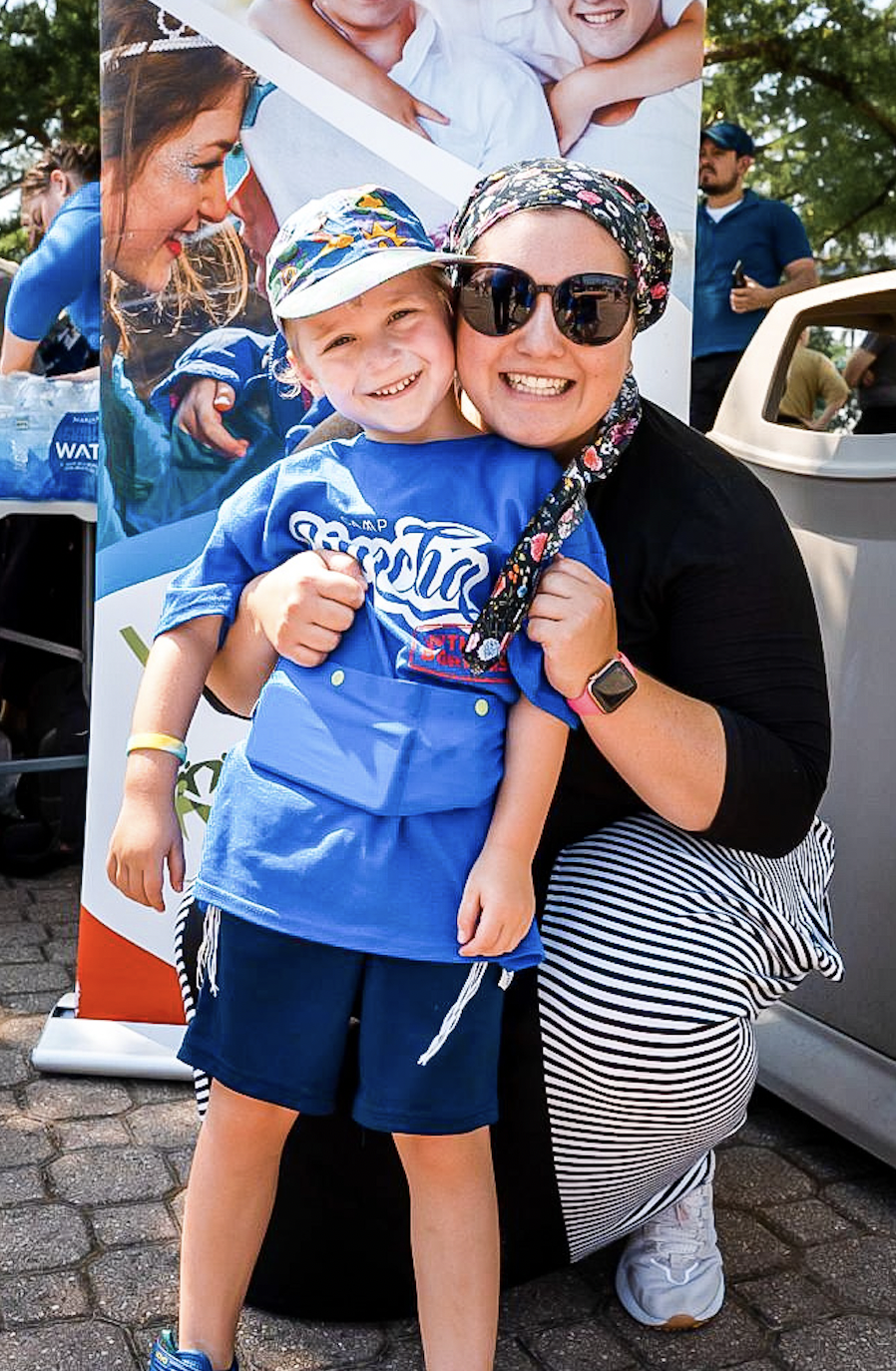
1) Choose the right pediatrician.
This is probably the most important thing you’ll do. As a parent you shouldn’t dread taking your child to the pediatrician. Whether it’s because of location, convenience, wait times or the attitude and bedside manner of the doctor, you shouldn’t have to be miserable every time you go. If you feel this way at your current pediatrician, it might be time for a change. If you’re a new parent, go speak to the pediatrician before you choose. Don’t just choose the doctor that “everyone goes to” because they may not be the right choice for your family.
This is a big one. So that’s my first piece of advice. BTW, we switched pediatricians when Azi was 8 months old because I knew he was having some feeding issues, and our old pediatrician simply wouldn’t listen to my concerns, that were both valid and turned out to be true. So I get it.
2) Make the doctor conversations casual.
When a doctor visit or something of the like is brought up, keep it casual and calm. Talk about it like it’s the same thing as brushing your teeth. “We go to the doctor because they help us stay healthy. It’s just like how we take a bath or brush our teeth to keep our bodies healthy too.” Don’t ever set up a doctor conversation like it’s some dark cloud looming that they “have to” do. They “get to” go to the doctor. It’s all about the language you use.
3) Prepare.
Allow for ample time to prepare in advance of going to the doctor. At least a week beforehand, mention that a doctor trip is coming, and talk about how fun it will be and everything they will get to do there.
The more you can foreshadow what will happen, the less foreign the event will be, and the calmer your child will be too.
We love Daniel Tiger’s take on going to the doctor. We have his dentist book, as well as watched episodes that talk about doctors. This would be something great for little kids.
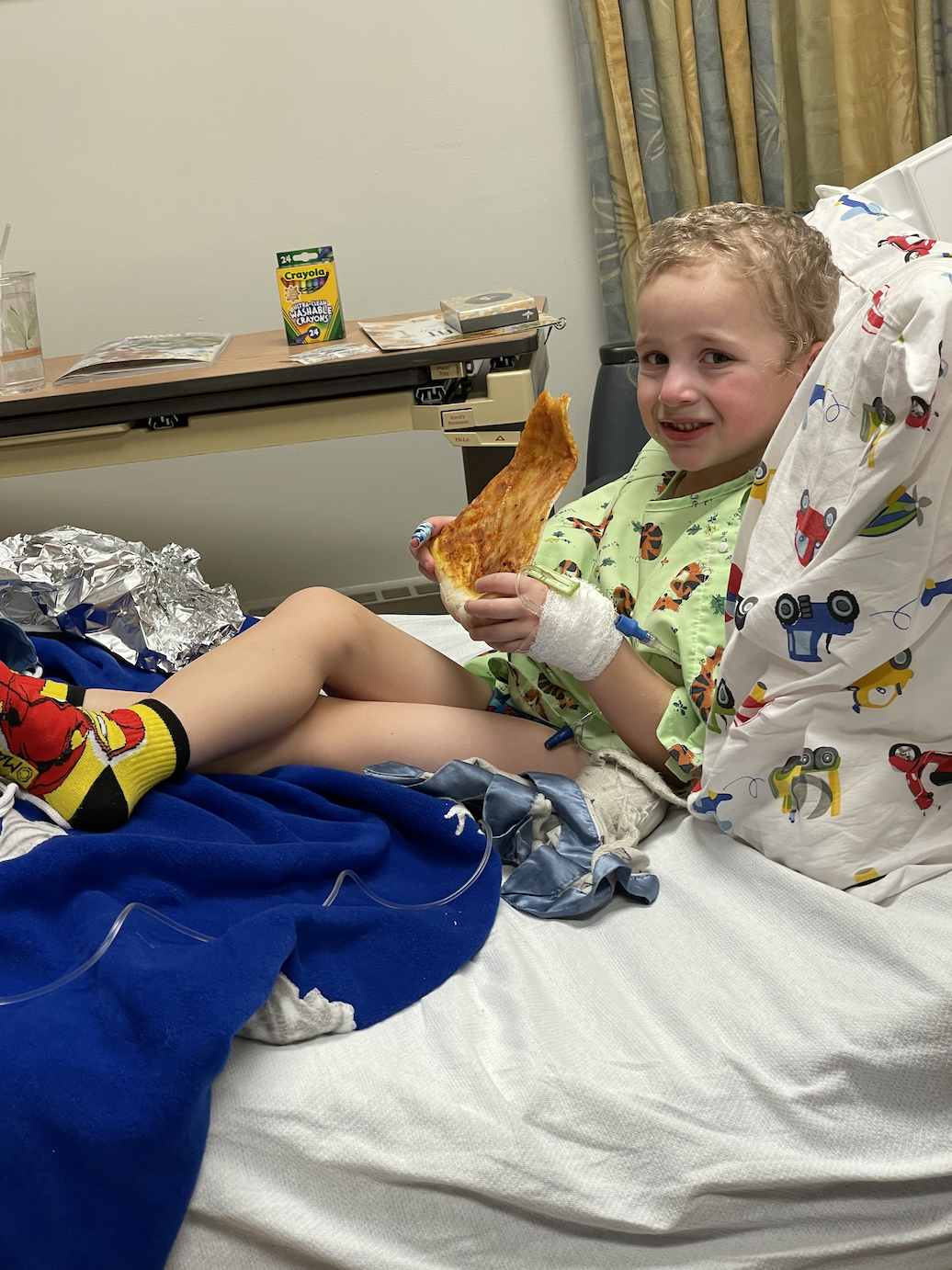
4) Make it fun.
It helps if your pediatrician does special things to engage the child during the visit, like ours does a fun thing with his stethoscope and magic with his ear/throat checking light. BUT not every pediatrician does this, and that doesn’t mean they’re bad. It just means that you as the parent will have to make up for that in other ways.
I’m typically not a huge fan of using sugar treats as rewards, but I think in some cases, doctors being one of them, a treat (or some other special activity) is ok to give after a successful doctor’s visit. Maybe a manicure for some kids (I say kids because my son actually loves getting manicures haha!) or an activity like painting pottery.
We usually go out to lunch after our annual physicals and then to a fun new park.
With Azi, it’s a little trickier because he has to go to the doctor fairly often. So this is what I do for him.
5) Come prepared to the office.
Bring something for distraction and entertainment purposes while you talk to the doctor. This could be a tablet/iPad, coloring book, a special toy your child loves, etc. Make sure that your child has something to do while you talk with the doctor. These distraction tools are also helpful during a time that’s more uncomfortable (like a shot).
6) Let’s talk about shots.
Ohhhh the dreaded shot/vaccination. Guys, take it down a notch. First of all, if you are scared of needles and shots, your child will be too. If you take it like a champ and talk about shots like they are normal and as easy as going to the bathroom, then your child will also take on that frame of mind.
If you have an opportunity to take your child with you to get a flu shot or get your blood drawn where they can just watch you, I think this is an ideal learning opportunity. Talk them through the process. “See, mommy is relaxing her arm. They’re just cleaning it. And look! One, two, three…it’s all over, and it didn’t even hurt. See, Mommy is so brave!”
Do not lie to your child. When you get the question, “Is it going to hurt”, respond like this: “It might feel like a tiny little pinch, and it’s over in 5 seconds, and that’s it. It’s super important to get shots or take blood sometimes so we can stay healthy, and the little tiny pinch is worth it. I know you can handle it because you’re such a brave, big superhero.”
THE END. Make it normal, and it will be. This is especially important for a child who has to go to the doctor frequently. It’s just a normal part of our lives now. His teacher at camp even told me that his friend asked him, “Will you have to get a shot? Will you cry????” And my brave boy responded, “I have to get a poke (blood sugar), and I never cry.” This is parent goals. Mama was so proud to hear this, and I think he may have had an impact on his friend too.
Good luck friends. Going to the doctor can be fun. And I highly encourage you to make friends with the nurses, doctors, etc. I promise it has a positive effect on your experience too.
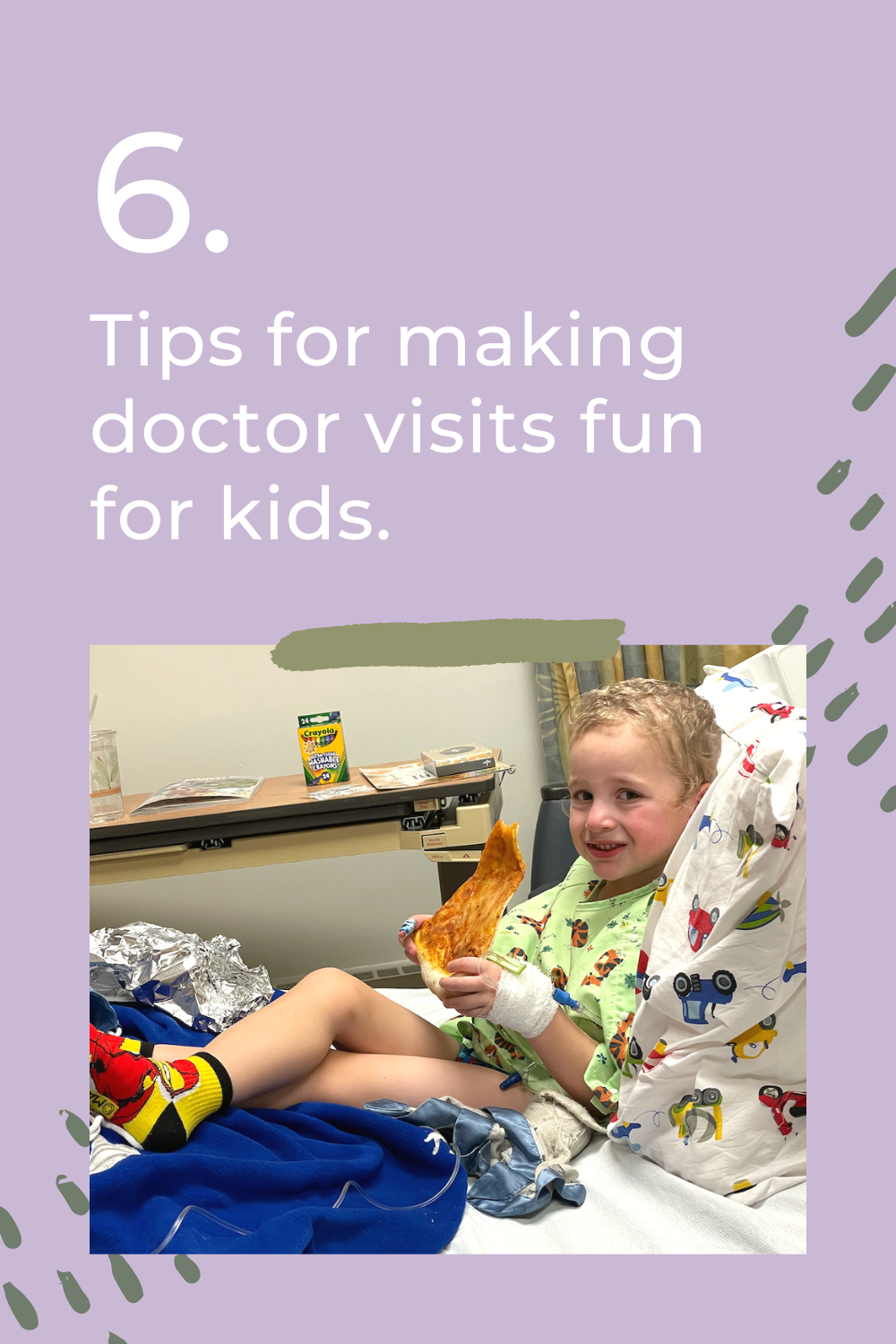

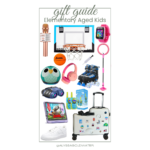





Leave a Reply